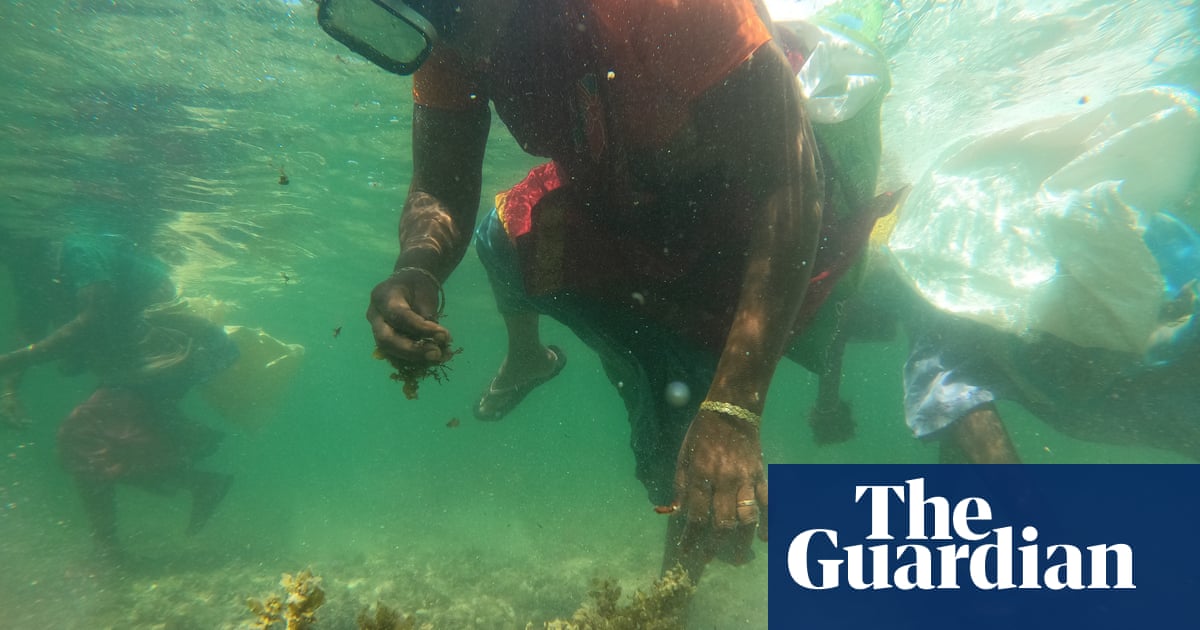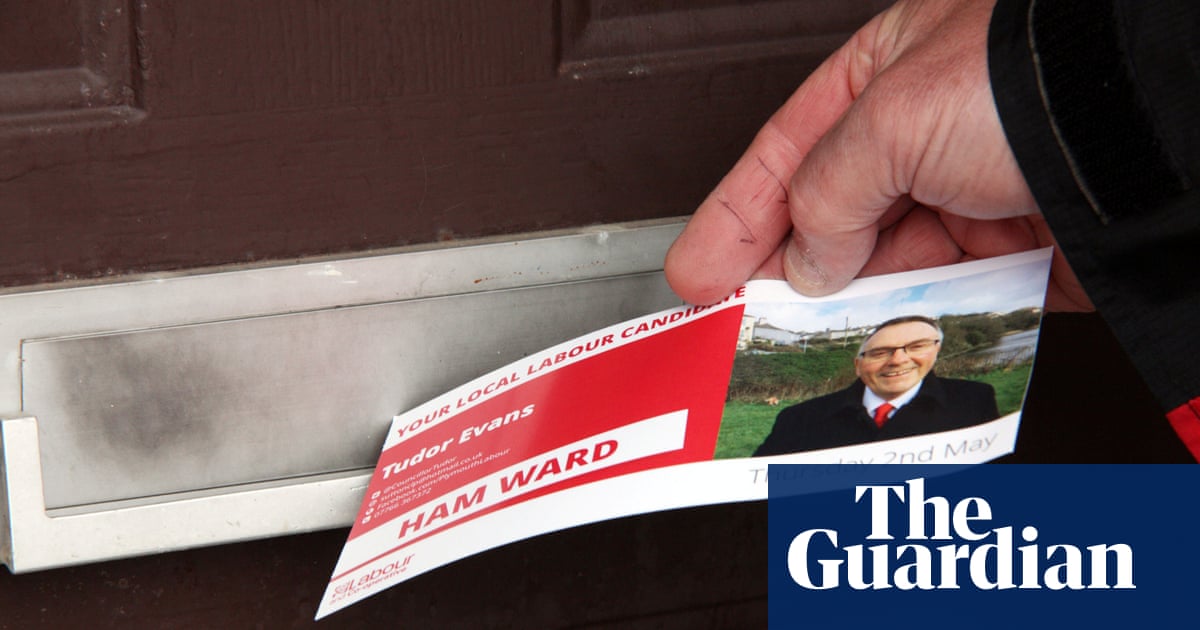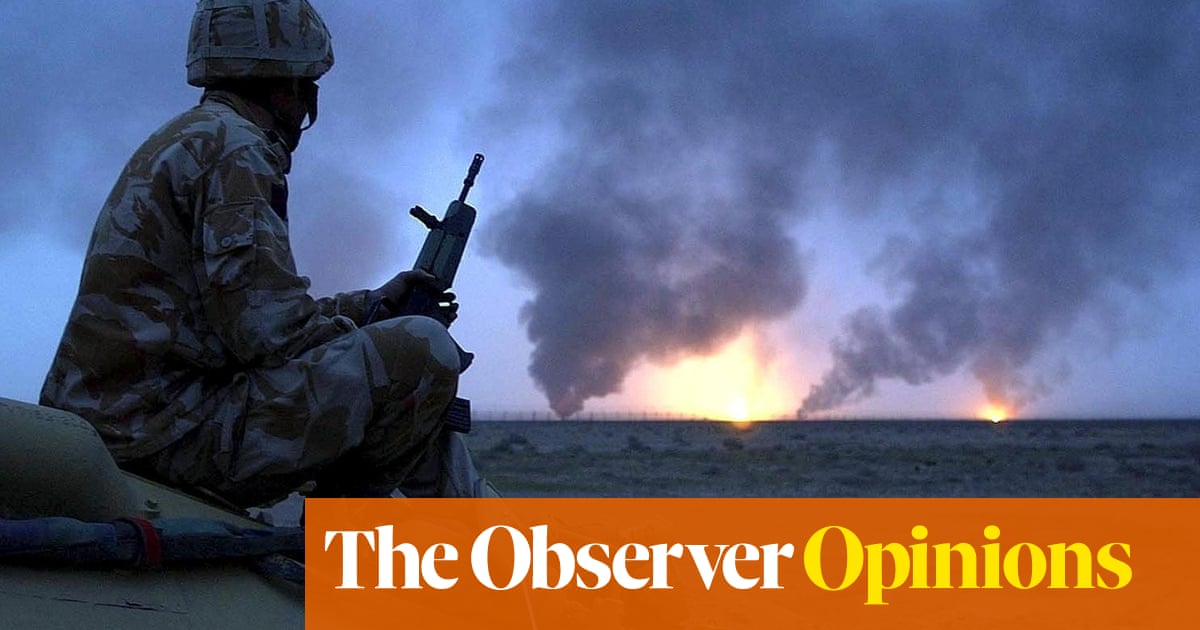
Over the past week, many of us have been glued to television screens and social media sites as we followed the tragic events in Lebanon. What has happened is a genuine disaster for what was a beautiful country.
We saw the widespread destruction caused by the explosion in Beirut’s port area, accompanied by many analyses of what happened and speculation about whether it was deliberate or accidental, the result of internal or external forces, and who bears the ultimate responsibility.
It is not difficult for an experienced observer who is knowledgeable about Lebanese affairs to answer all these questions. Nor would such an observer be surprised by what has happened in the country.
The real problem for Lebanon is that it is not really a state; rather, it is an identity. Its name represents its people, and the true problem facing this small country is those who govern it from the shadows. It is not a question of who lives in the presidential palace or occupies the prime minister’s office.
After a 15-year civil war, Lebanon found nobody willing to help it other than its Arab brothers. We are all aware of the role played by Saudi Arabia in brokering the Taif Agreement, which ended some of the suffering. At the same time, however, international and regional powers took action that undermined the stability of the country. One of the most powerful was Iran. It pushed its sectarian agenda in full view of everyone, allowing it to spread on Lebanese soil and control the country.
Despite the control exerted by Tehran’s proxy — Hezbollah — in Lebanon, the Kingdom did not desert the Lebanese people, most of whom are opposed to this terrorist militia. By virtue of its position in the Arab world, the Kingdom provided support to Lebanon.
One of its most important, ambitious and brilliant projects to aid Lebanon was envisioned by former Prime Minister Rafik Hariri. He would have guided Lebanon economically and played a very positive political role within the Arab world. Tehran, however, could not bear that or allow it to happen, nor could its proxy or the Syrians at the time. Hariri was assassinated in 2005, with Iran and its loyalists openly declaring that no one else would be permitted to have influence in Lebanon.
In addition to signaling the end of a dream of statehood, his murder also marked the start of the establishment of a revolutionary militia. Its actions in all aspects of the state led to the Lebanese people taking to the streets after the assassination of Hariri to protest against Syria, in an attempt to limit its influence in Lebanon at that time.
The militia, nonetheless, succeeded in establishing control over Lebanon. Since then, the country has lost its state and its identity, and the militia has been influential in domestic and international political decisions. It also controls the entrances and exits to Lebanon, whether by air, sea or land. Not just that, the Lebanese security forces and the army have no right to know what the terrorist militia is doing.
As a result of all these problems, Lebanon has endured many economic and political crises. There have been internal and external disputes, and even interventions by the terrorist militia in the affairs of other countries of the Gulf and Arab regions. The militia has the support of other terrorist organizations.
The militia also interfered in the Syrian crisis to prove that it is ready to fight and defend itself, on behalf of Iran, inside and outside of Lebanon, and by doing so ensured that Lebanon remains in turmoil and cannot become a proper state.
What is new, and what might change the equation to transform Lebanon from a sectarian Iranian puppet to a genuine state, is the visit by French President Emmanuel Macron shortly after the Beirut explosion. He was welcomed by the Lebanese people he met, and his visit is evidence of France’s warm feelings about Lebanon and the strength of its influence in the country.
Macron also met Lebanese officials and told them he will return within a month to see if there have been any meaningful reforms. In addition, he spoke to Iranian President Hassan Rouhani. These are all good signs that point in the right direction.
There is no point naming a new prime minister without tackling the root of the problem — which is Hezbollah. The important thing now is not the return of well-known names; if Rafik Hariri himself returned, nothing would change and he would again be assassinated. The solution is to dismantle the militia and for it to hand over its weapons: Nothing else.
Tehran is responsible for the devastation and destruction in Lebanon, Yemen, Iraq and Syria. The solution is to curb the disruptive activities of Iran, dismantle its terrorist militias and renew the UN arms embargo.
Dr. Hamdan Al-Shehri
The Beirut explosion has delayed the announcement of the results of an official investigation into Hariri’s death. This simply gives Iran and its militia more time to negotiate and seek advantageous compromises. All eyes are on France and Macron. Will he choose Lebanon, the state, or Iran’s sectarian militia? Lebanon and its people, as well as the wider region, will no longer tolerate the status quo.
Along with Yemen, Syria and Iraq, Lebanon represents one of the four models in our Arab countries. Without deliverance from the terrorist militias affiliated with Iran that operate within their borders, they will never be real states and will have no stability and no democracy.
Tehran is responsible for the devastation and destruction in Lebanon, Yemen, Iraq and Syria, where the atrocities are constant and numerous. The solution to the region’s problems is to curb the disruptive activities of Iran, dismantle its terrorist militias and renew the UN arms embargo.
Dr. Hamdan Al-Shehri is a political analyst and international relations scholar. Twitter: @DrHamsheri
Disclaimer: Views expressed by writers in this section are their own and do not necessarily reflect Arab News" point-of-view












